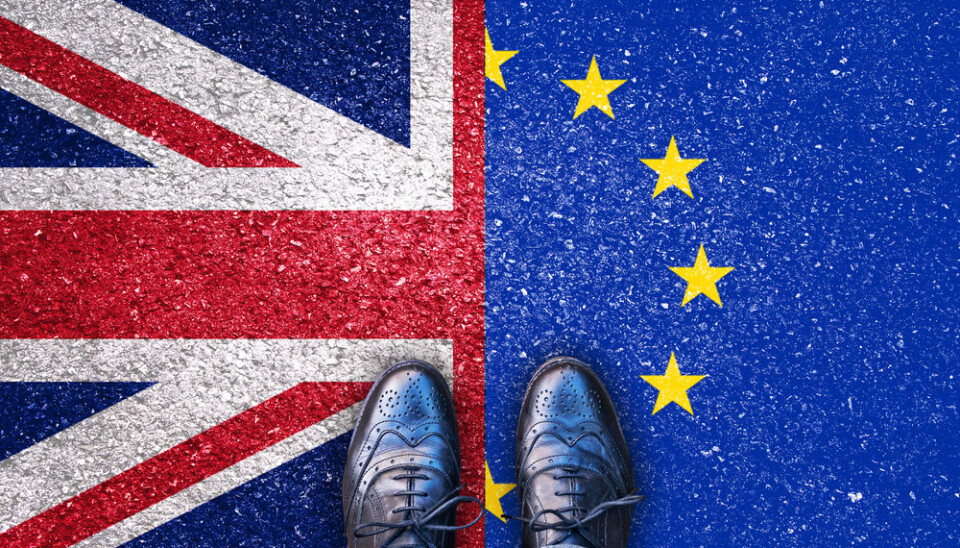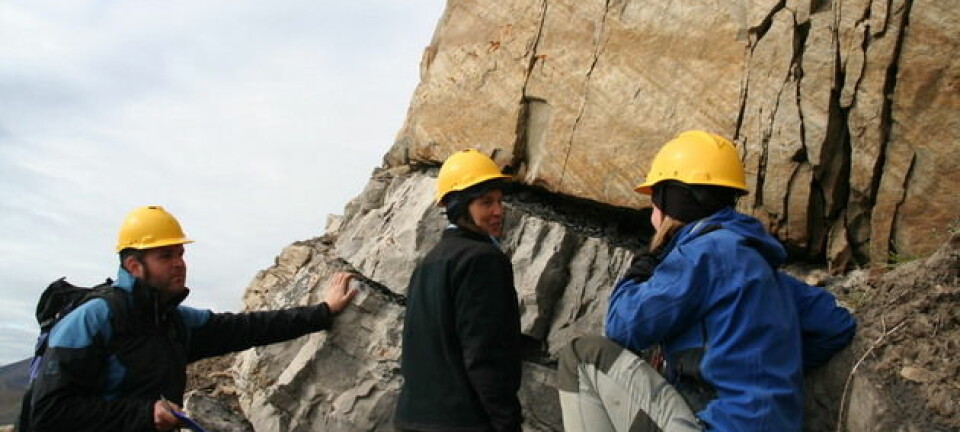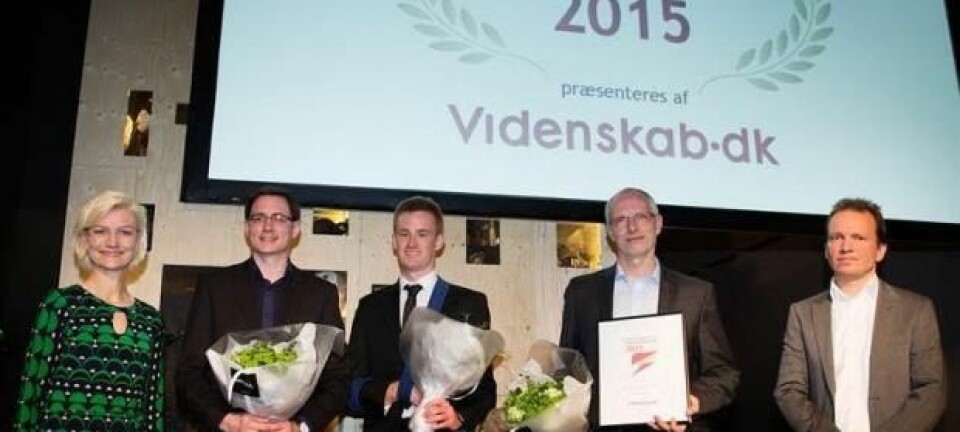
Young scientists react to Brexit
Uncertainty in residence status, jobs, and future funding. These are some of the concerns of young European scientists following the UK’s recent decision to leave the EU.
The fall out from Brexit is already being felt by early career scientists across the Nordics, the UK, and the rest of Europe.
Faced with uncertainty of their future residence status, reductions in future funding, a ‘brain drain’ of scientists out of the UK, and reduced opportunities for UK-EU collaborations, young scientists from around Europe have a lot at stake after the UK voted to leave the EU in June.
A lot is now riding on whether the UK goes ahead and triggers Article 50 and initiates formal negotiations with the EU to exit the union.
ScienceNordic asked some early career scientists how they are feeling and what Brexit means to them. Are they still optimistic about science in Europe or are they worried about their jobs? This is what they said.
“I am concerned that opportunities will now be reduced for young scientists, with restrictions put in place both on access to EU funding and opportunities for mobility.”
I am very concerned about how things will unfold. On a personal level I have benefited greatly from the UK's membership of the EU. It gave me the opportunity to easily move and work in Finland, where my job was initially funded by the European Research Council. It gave me the chance to work with one of the leading scientists in our field in one of the best ecology research groups in the world. This was not only of great benefit to my scientific career but also gave me the chance to experience a new culture and broaden my personal horizons.
One of the things I like best about my job is that every day I get to interact with a diverse group of people from all over the world, sharing both scientific collaboration but also building new friendships. I am concerned that these opportunities will now be reduced for other young scientists, with restrictions put in place both on access to EU funding and opportunities for mobility.
Toby Fountain. Geneticist from the UK working in Sweden.
Centre for Evolutionary Biology, Uppsala University, Sweden
“I feel personally upset but practically not too affected by the vote for my immediate future”
As an EU immigrant and a person that will leave the UK by the end of this year, I feel personally upset but practically not too affected by the vote for my immediate future. Many British friends made sure I still felt welcome here after the vote and pointed out that the younger generation is the future of this country and they largely voted remain.
In Cambridge the vast majority of people voted remain and there's a general sense of frustration and worry for the future of the country, UK universities, and how this will affect the many foreigners that work here. There is a general concern in UK universities about the very large amount of EU funding that won’t be available in the future and how this will be replaced and how tuition fees, loans, and bursaries will be affected by the vote.
There's a general worry that without EU funding and the EU "affiliation," universities will become less attractive for the best foreign scientists and that international collaborations will become more difficult. Many foreign post-docs and Ph.D. students are planning to stay for a long time in the UK and are concerned about how the vote is going to affect their eligibility to stay.
Chiara Giorio. Atmospheric scientist from Italy working in the UK.
Department of Chemistry, University of Cambridge, UK
“I am gravely worried about our commitments to environmental regulations such as the European Water framework Directive.”
I voted remain. The day of the referendum result, I attended a meeting on EU research funding via the Marie Sklodowska Curie network and I felt aghast. Sitting through a seminar on all the benefits of European funds, grants, and research collaboration networks while the UK descended into a political crisis without any clear platform for how to negotiate a Brexit deal was profoundly depressing. There is currently no clear message from the government on any aspect of how Brexit will proceed, not least on whether the UK’s participation in Horizon 2020 or other European initiatives will be maintained. As a biologist, I am also gravely worried about our commitments to environmental regulations such as the European Water framework Directive.
It is quite a worrying time to be an early career researcher from the UK abroad. In the next year I had hoped to apply for a number of different grants and the confusion over Brexit has me uncertain over whether I will be able to. I am even uncertain over whether I would ever want to return to the UK to continue my research career given the already terrible state of funding there and the fact I am not convinced that we will be able to maintain our international scientific reputation. I am actually eligible to apply for an Irish passport and I am certainly considering doing so!
Mark Ravinet. Biologist from the UK, working in Norway.
Centre for Ecological and Evolutionary Synthesis, University of Oslo, Norway.
“Was the population really informed enough about the positive and negative points of the referendum to vote?”
My personal feeling is more of relief that I’ve left the UK so I am "safe." I am not sure I would have felt welcome in England any more, which is a bit upsetting.
From a scientific point of view, I know that Oxford [University] is extremely disappointed. All the big scientific towns voted Remain (72% in Oxford), so they will suffer from the loss of European funds and probably a change in EU collaborations. When I was looking for a post doc 5 years ago, UK, Germany or Spain were my targets. I’m not sure I would keep [the UK] in my top list today.
I hope the UK is going to support its scientists while the situation finds a new equilibrium. Is the UK going to be more isolated? Are they going to collaborate more with the US? This would be a pity for issues like global warming, when the EU is just next door!
Was the population really informed enough about the positive and negative points of the referendum to vote? There are so many questions!
Karine Wainer. Geochemist from France, recently left the UK.
Department of Earth Sciences, University of Oxford, UK.







